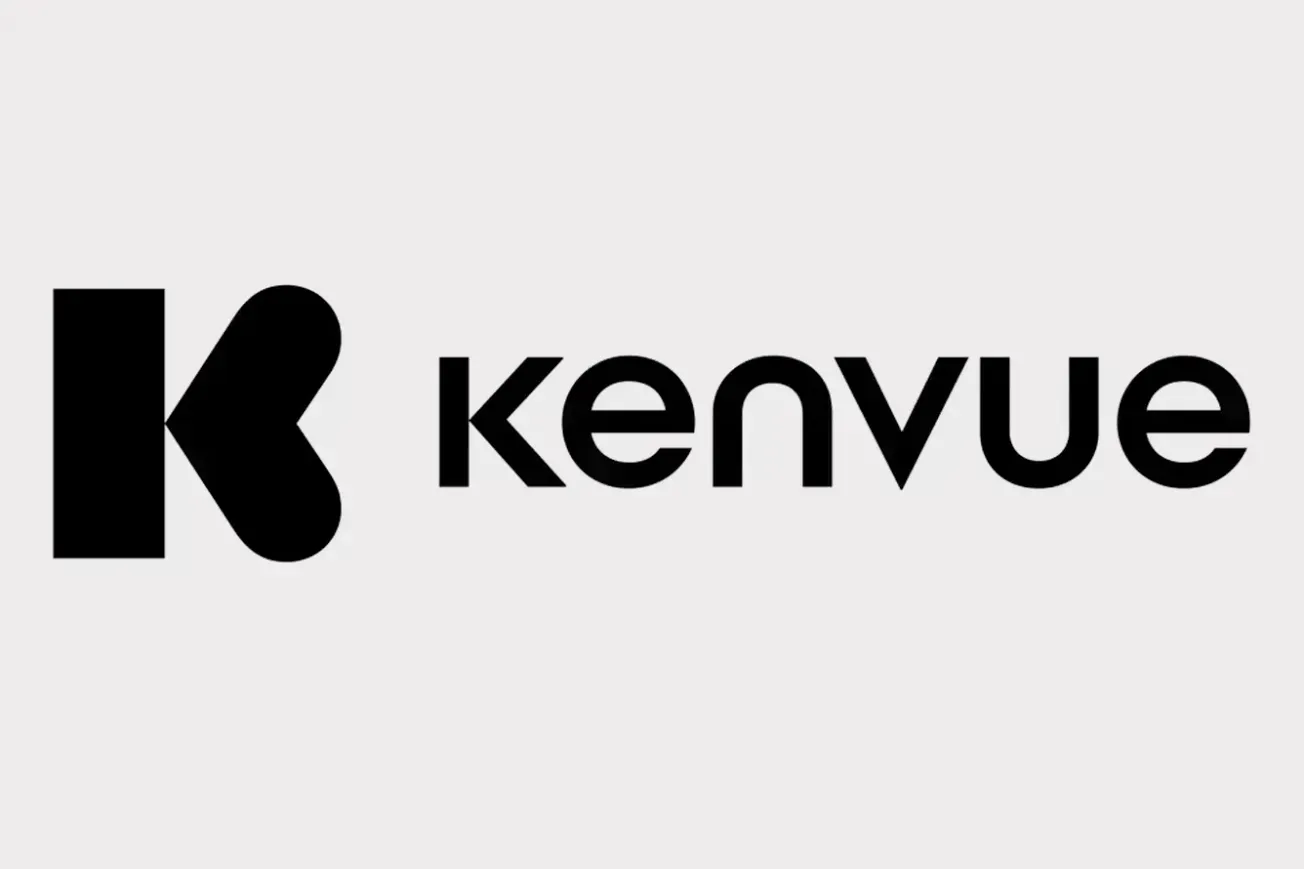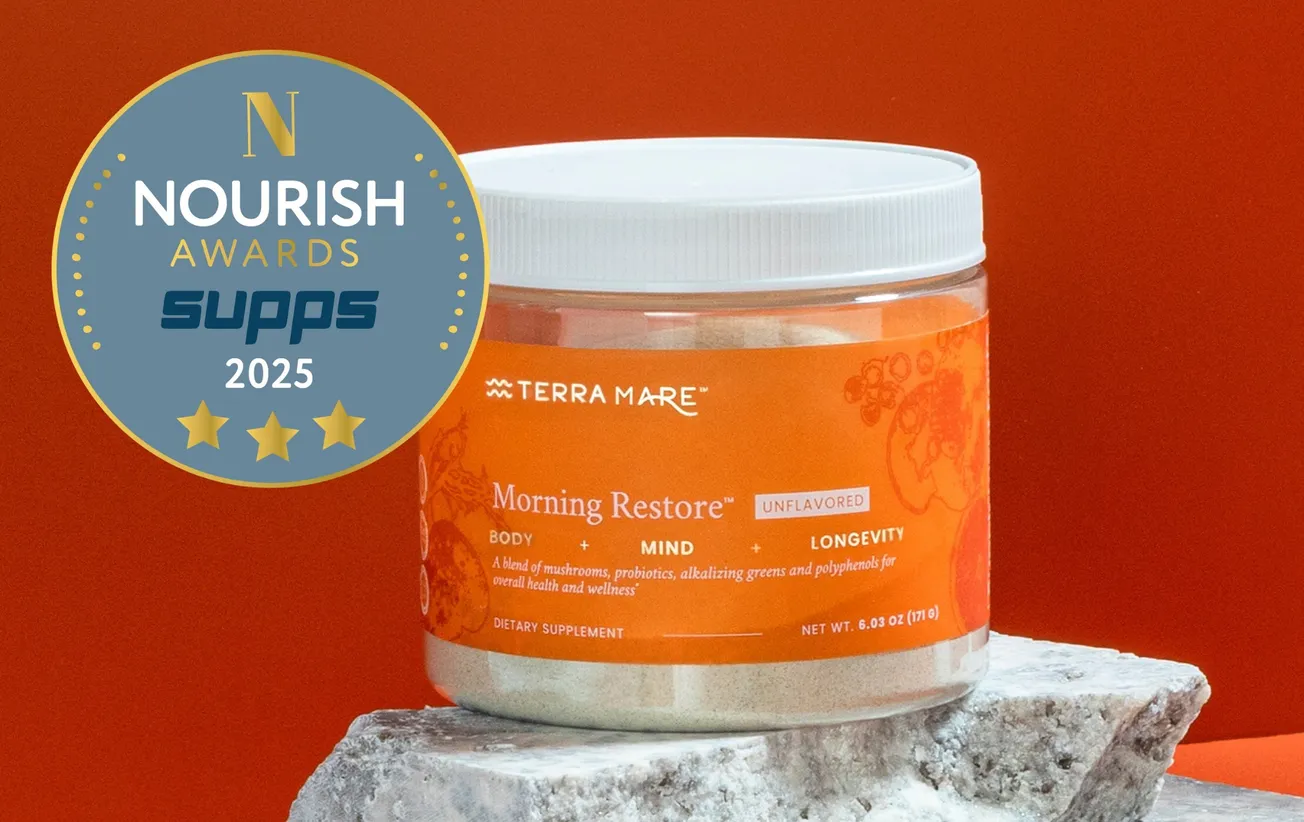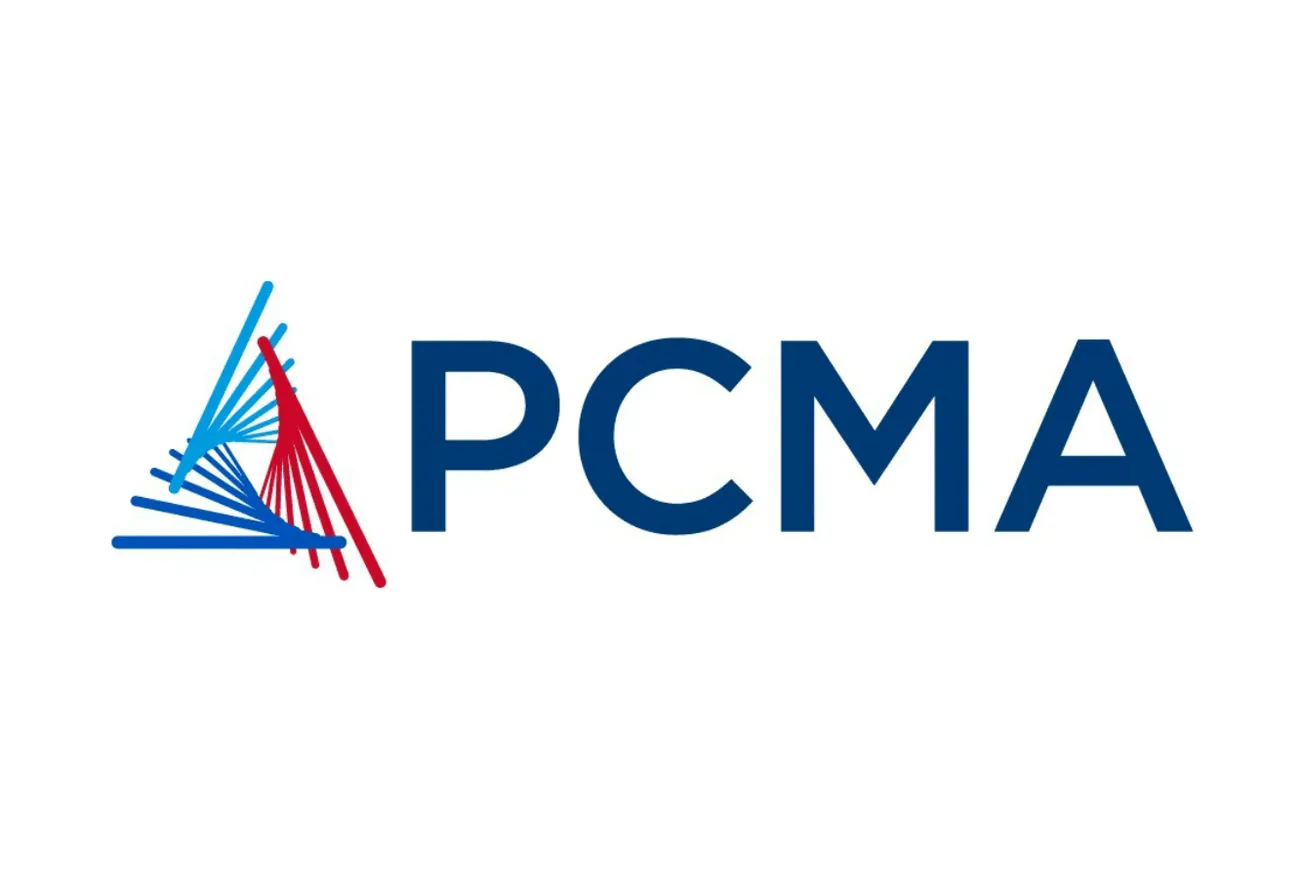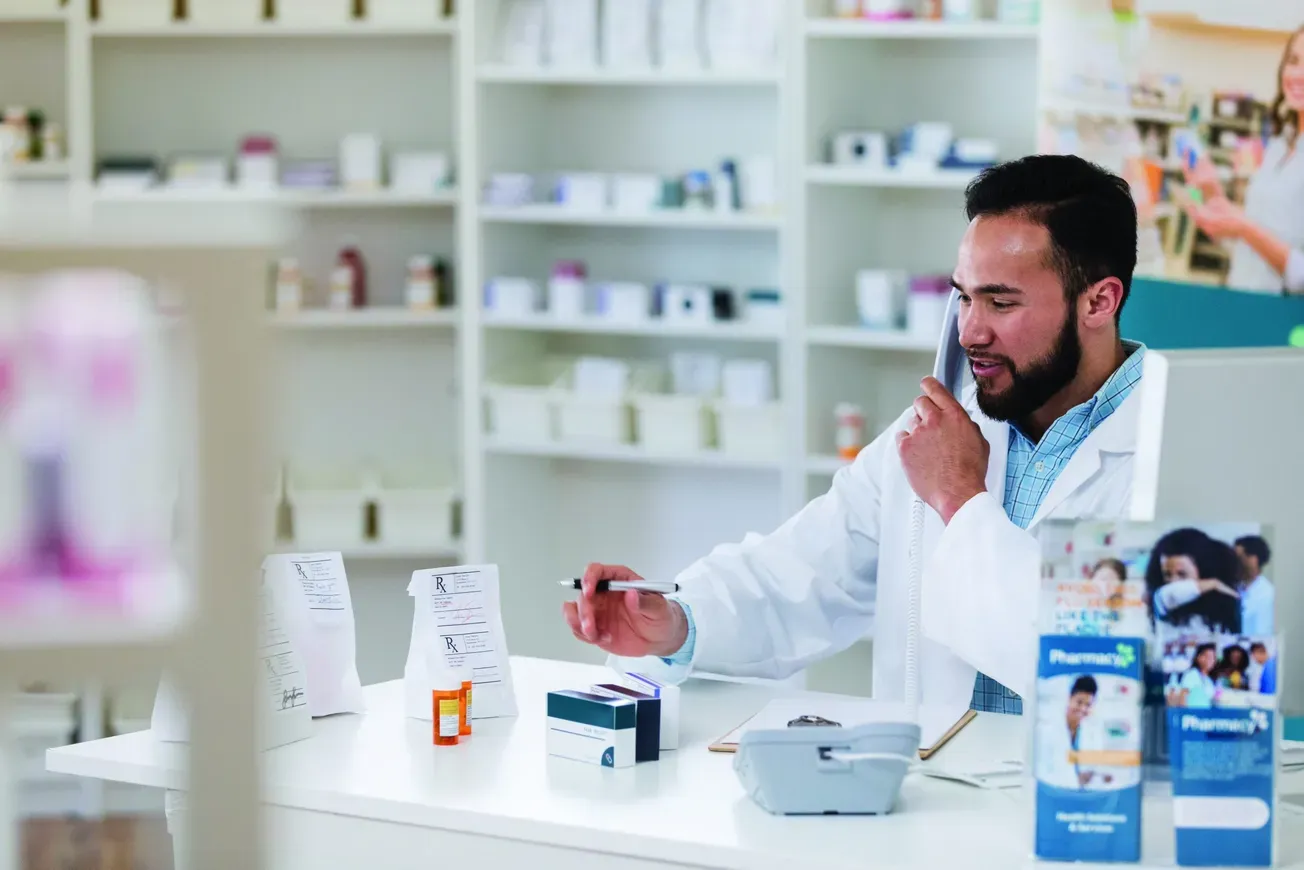RICHMOND, Va. — Reckitt Benckiser Pharmaceuticals Inc. has issued a Citizen Petition with the Food and Drug Administration requesting action to curtail the risk of pediatric exposure with buprenorphine-containing products for the treatment of opioid dependence.
The company said Tuesday that it’s calling on the FDA to require all manufacturers of buprenorphine-containing products for opioid dependence treatment to implement national public health safeguards involving pediatric exposure educational campaigns and child-resistant, unit-dosed packaging to reduce the risk of pediatric exposure.
Reckitt Benckiser notified the FDA on Sept. 18 that it’s voluntarily discontinuing the supply of Suboxone Tablets in the United States because of increasing concerns with pediatric exposure. The company said it has had an extensive risk management program since 2003 to minimize the misuse, abuse and unintentional pediatric exposure with buprenorphine products, but a new analysis based on data from U.S. Poison Control Centers found higher rates of accidental pediatric exposure with Suboxone Tablets than seen with Suboxone Film (buprenorphine and naloxone sublingual film [CIII]).
Although the data doesn’t isolate the root cause of these findings, the child-resistant, unit-dosed packaging of Suboxone Film may be one of the key contributing factors to the decrease in exposure rates compared with Suboxone Tablets, which are distributed in a multidose bottle with 30 tablets, since the active ingredient of both products is the same, according to Reckitt Benckiser. Other factors may include the company’s community and health care professional educational initiatives along with its Risk Evaluation and Mitigation Strategy program.
"Based on these findings and the availability of treatment advancements in the United States that have shown reduced pediatric exposure such as Suboxone Film, it is critical for companies to be mandated to have safeguards in place to ensure children are not put at unnecessary risk," stated Richard Simkin, president of Reckitt Benckiser Pharmaceuticals. "We are committed to not only providing evolved treatments for the chronic disease of opioid dependence but protect public health and safety, as evidenced by our decision to discontinue the U.S. supply of Suboxone Tablets. We recognize many patients have relied on Suboxone Tablets to manage opioid dependence over the years and understand there may be concerns about this discontinuation, and we are committed to helping all patients and providers to ensure that managing this serious, chronic disease is not interrupted."
Reckitt Benckiser said it will be working with the FDA and the health care community to ensure that patients now taking Suboxone Tablets can transition to the same active ingredient with Suboxone Film while minimizing any risk to the continuity of their treatment.
The company reported that it expects U.S. distribution of Suboxone Tabletsto be discontinued within the next six months, or possibly sooner, depending on discussions with the FDA.







